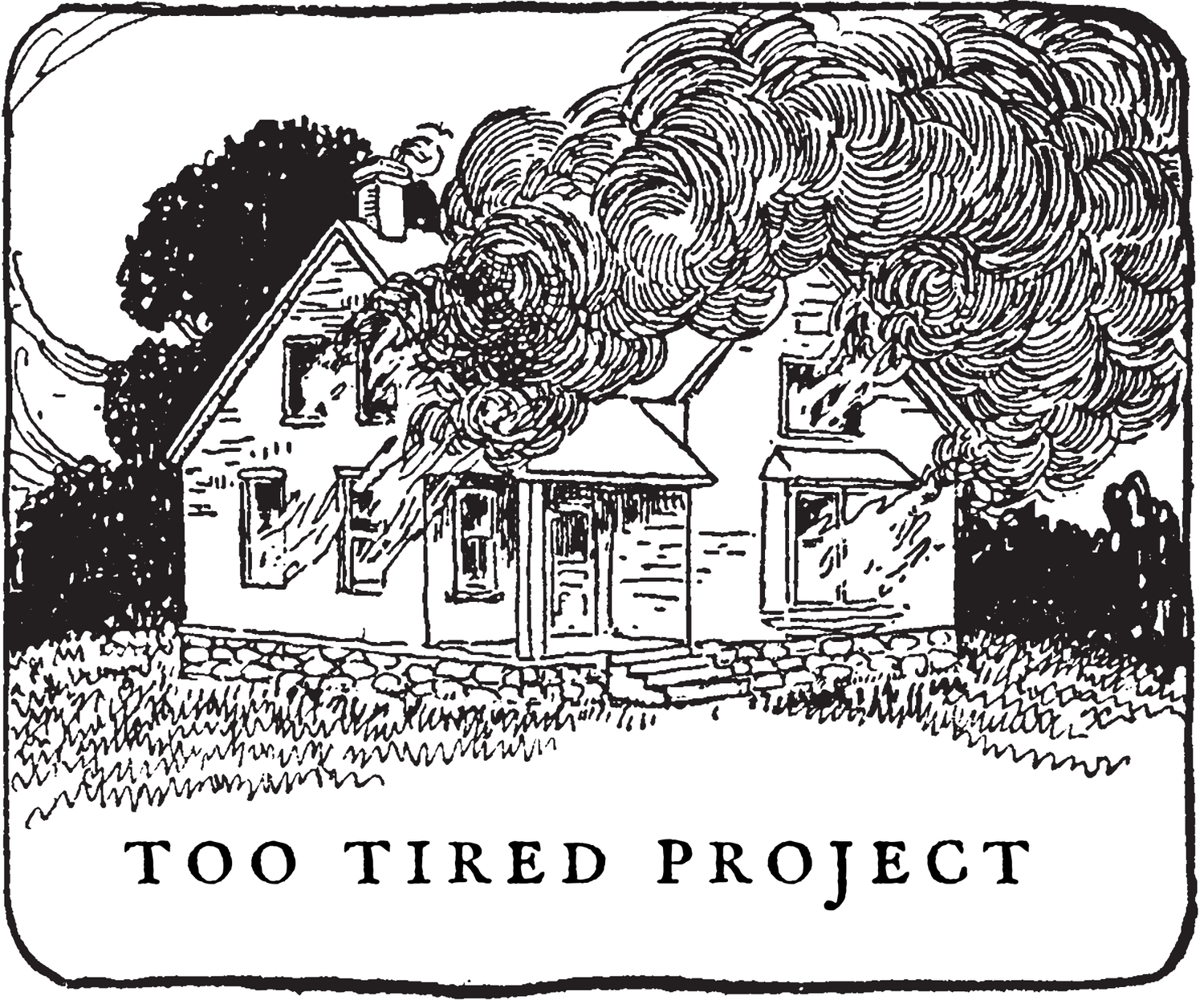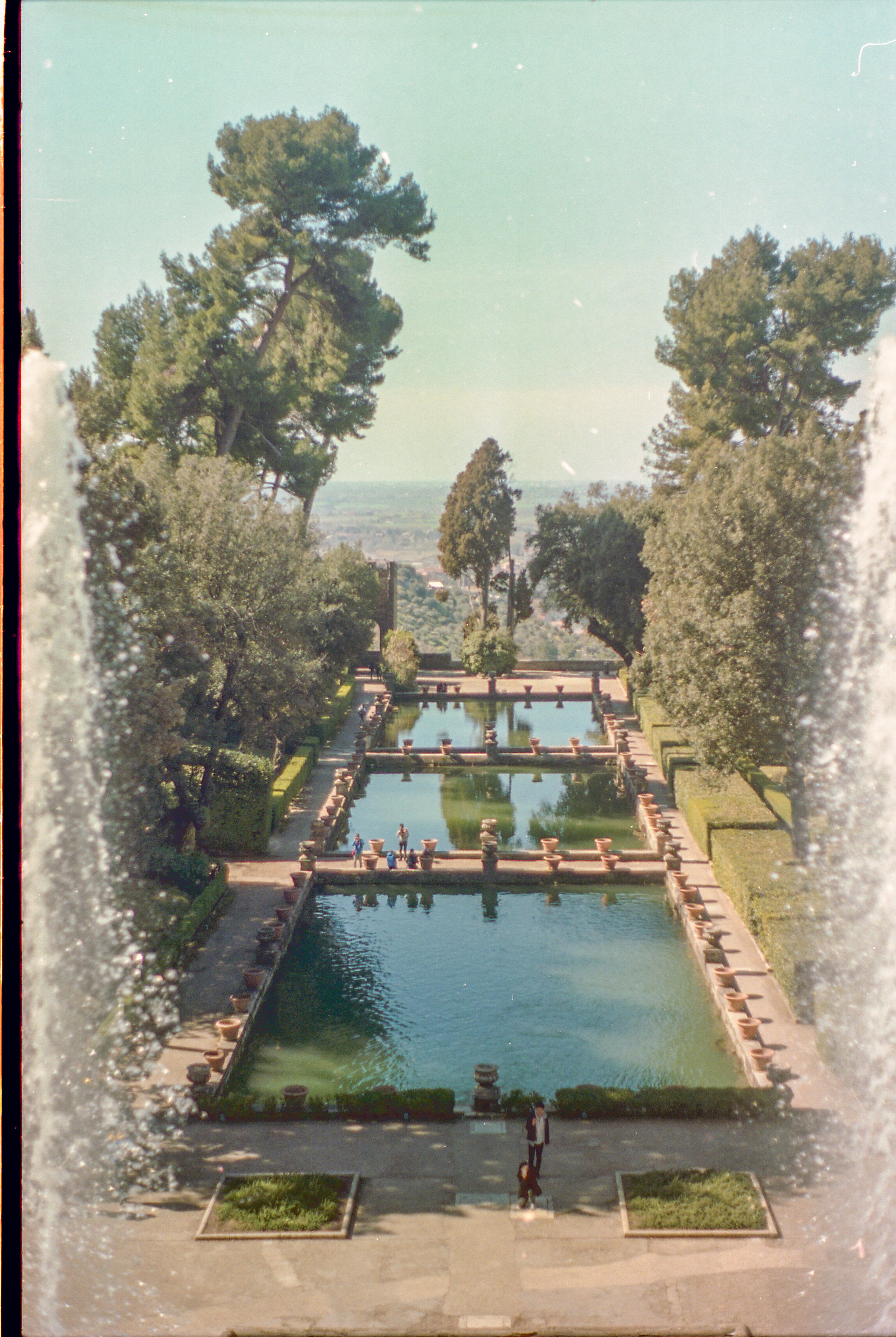Interview: Nina Park on her practice and Small Joys
Tell us about the project.
I think for the most part, a lot of my photographic work is driven by a chance or opportunity to show others how I see and perceive my world. When someone looks at my photographic work, I want them to embody myself, and the thoughts or feelings I had at the time the photo was taken. I guess conceptually it's entirely "selfish", but I've only ever used photography as a means of immortalizing a singular moment of time in my life; I otherwise struggle to utilize it for practical or conceptual/abstract means.
What is your process like?
I don't really have a process per se. Nothing is staged or abstracted, and the photographs I take are usually out of spontaneous bliss or awe.
Does mental health or wellness factor into the creation of your work?
I think in the same way that our unconscious (subconscious?) controls us in extremely minute and passive ways, I do think the state of my mental health/wellness factors into my overall work. For example, I've realized that my photographs will tend to exhibit a more "light of hope" approach when I'm mentally in a low or bad place. I think that speaks to how much I long for that light at the end of the tunnel, whether I'm cognizant of it or not.
Was the photographic process helpful for dealing with the emotion you are describing in your images?
Well, it depends when you're asking. There are times when I feel like the world is so dark and so bleak. And there are other times when I feel like there's hope, and I can see the beauty in the world around us. The natural world is constantly shifting in reality, but my perception of the natural world is constantly shifting as well.
How are you affected by the natural world that you see day-to-day?
My dad was a photographer. Not in the way that most would think of a photographer, but he's the one who got me into photography in the first place. He knew about film cameras and digital cameras and camcorders, and was always eager to show me how they work. He even bought me my first digital camera. He took hundreds of photos of seemingly mundane things, but those mundane things are what give me a glimpse into his life and shoes today.
What is your relationship to photography?
I try to avoid using and looking at my own photography as an exhibition piece; something to be examined and critiqued. Rather, I use photography as an extension of myself. The photos I take are just another part of "me" and my life.
Has the pandemic shifted the way you approach your work and/or photography at all?
I think so. When I looked back at photos from 2020, I half-expected to see something dreary and tragic. Instead, I felt something of a bittersweetness. I could feel and sense that the photographs I took were taken in an act of desperation to hold onto a "good" feeling. They evoked bliss, light, joy. All things that I hope to feel again once the pandemic passes.
Thank you so much to Nina Park for taking the time to speak with Too Tired Project. You can explore more of her work on her website.




